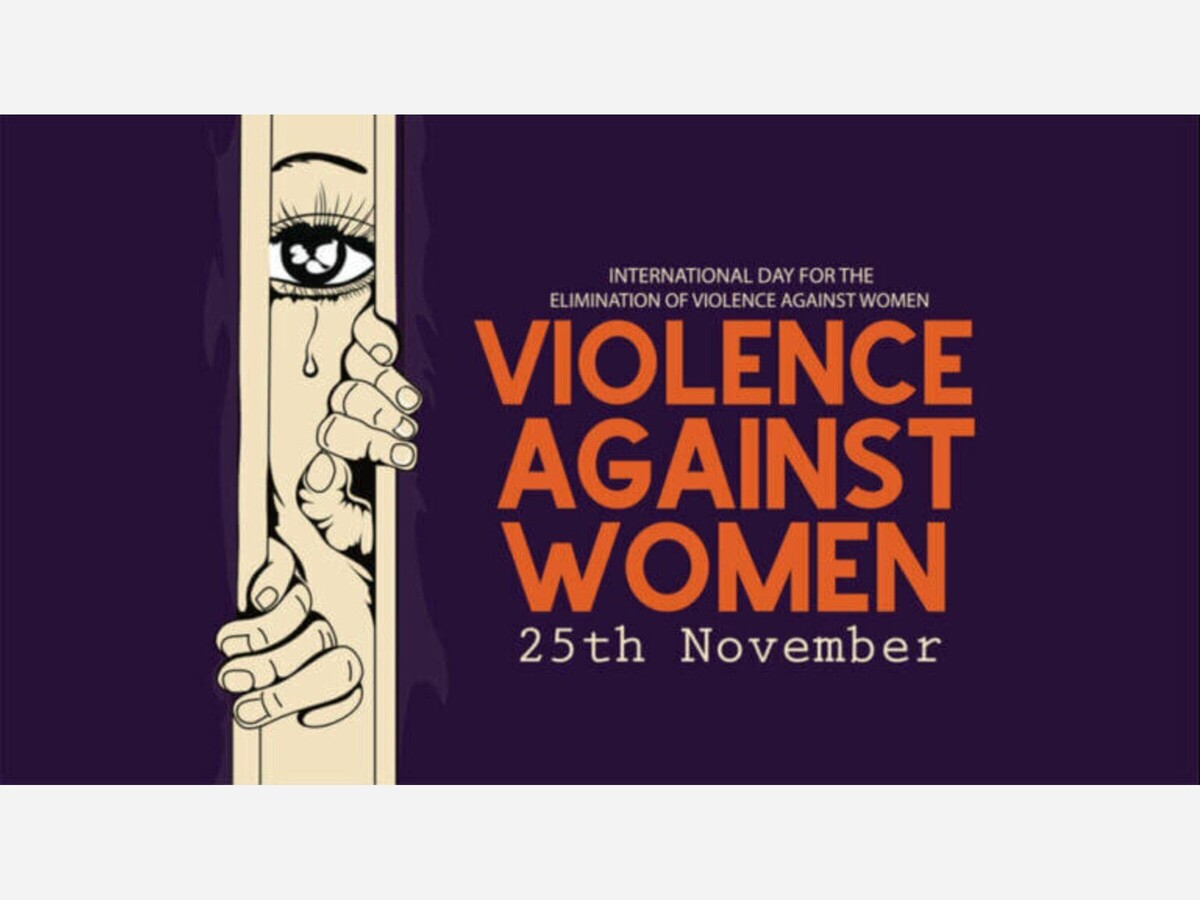Image


On November 25, nations around the globe unfurl orange banners, hold vigils, publish statements, and reaffirm commitments they insist they have not forgotten. The date — the International Day for the Elimination of Violence Against Women — stands on the shoulders of three Dominican women, the Mirabal sisters, murdered in 1960 for daring to defy a dictator. Their deaths became a global symbol: a reminder that violence against women is not incidental but systemic, not cultural but universal, not private but political.
Sixty-five years later, that symbolism feels less like commemoration and more like indictment.
Because while governments and institutions recite their annual pledges, women and girls across the world continue to live inside an ongoing, unrelenting emergency. From femicides in Latin America to forced marriages in South Asia, from domestic abuse in European suburbs to sexual violence in conflict zones, from online harassment to workplace threats, the spectrum of violence is vast — and tragically familiar. The world knows exactly what is happening. The world has said all the right words. And still, the world has not stopped the killing.
This year, that global crisis reached into Minnesota with a brutality that strips away any illusion of distance.
On November 11 in Cokato, 20-year-old welder Amber Czech arrived for a normal shift — a young woman building a career, mastering her craft, standing in a place that promised dignity, wages, a future. Hours later, she was dead, allegedly beaten to death by a male coworker on the factory floor. A place of production became a place of terror; a workplace became a crime scene; a young woman’s life became another entry in the ledger of preventable loss.
The killing of Amber Czech was not an aberration; it was a local expression of a global pattern.
For all our rhetoric about equality, safety, and empowerment, women still routinely move through the world calculating risk in ways men seldom must. They work in offices where harassment treats their ambition as provocation. They teach in schools where parents’ fury lands hardest on female educators. They live in homes where familiarity does not guarantee safety. They walk down streets where a stranger’s entitlement can escalate into assault. They enter workplaces — factories, restaurants, hospitals, warehouses — where policies exist on paper but protections vanish in practice.
Every country says it values its women; every country shows it does not protect them.
The truth is stark: violence against women persists not because it is inevitable, but because authorities fail to prevent it, institutions fail to confront it, and societies fail to prioritize it. We have built entire frameworks to respond after the violence, but not enough to stop it before it happens. We debate language while women bury daughters. We celebrate symbolic “awareness days” while families learn to live with a lifetime of absence.
If November 25 is to mean anything — anything at all — it must be a turning point, not a ritual.
Law enforcement must be trained and resourced to recognize threats before they become tragedies, to take reports seriously, and to treat gender-based violence as the imminent danger it is.
Legislatures must strengthen workplace protections, close loopholes that shield perpetrators, and expand consequences for violent behavior — not as political performance, but as public duty.
Employers must create real systems of prevention: whistleblower protections that actually protect, reporting channels women trust, and work environments designed to reduce isolation and vulnerability.
Communities must reject the culture of minimization — the reflex that labels violence as “domestic,” “personal,” “relationship problems,” or “a private matter.” Violence against women is a societal failure, not a private dispute.
And the global community must stop treating the issue as peripheral to prosperity and stability. A country where women are unsafe is a country that is already failing — politically, morally, economically, spiritually.
The Mirabal sisters did not die simply to be honored once a year. They died because they confronted a regime that demanded their silence. Today, the violence women face does not always come from dictators; it comes from neighbors, co-workers, partners, strangers — and from systems too slow or too indifferent to protect them.
Amber Czech’s name now joins a global chorus of names that should never have been spoken in mourning. Her life deserved safety. Her ambitions deserved time. Her future deserved protection.
On this November 25, the world must confront a hard truth:
We cannot claim to value women while failing to keep them alive.
The day is not about symbolism; it is about urgency. It is a reminder that every nation, every workplace, every police department, every legislature, every leader has work left undone — and that the cost of delay is measured in human lives.
The world promised to eliminate violence against women. The world has not yet kept that promise.
It is time — past time — for authorities at every level to move from statements to action, from remembrance to prevention, from sympathy to accountability.
Because women and girls are not dying for lack of awareness.
They are dying for lack of protection.